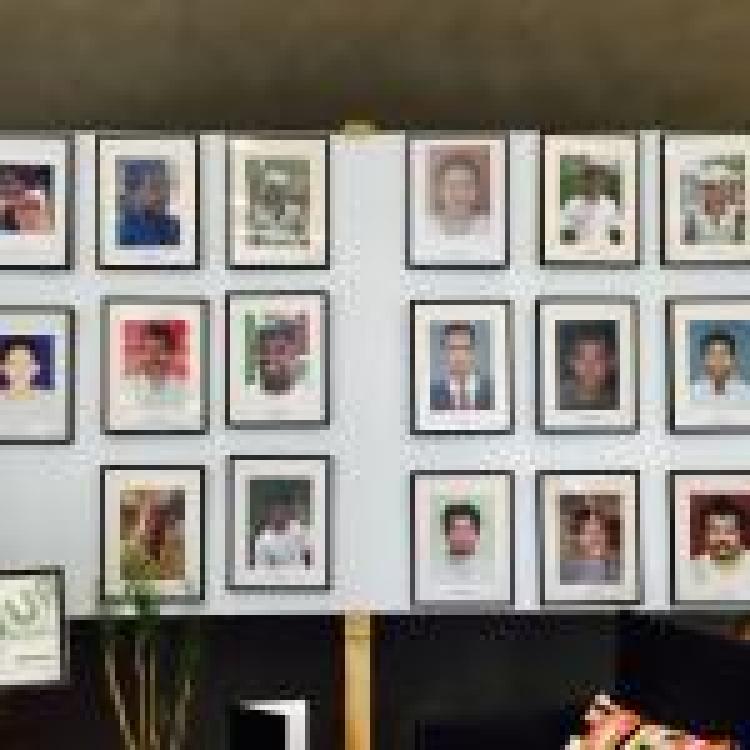![]()
Human Rights Watch reports that Sri Lankan authorities have continued to fail to hold accountable the responsible for the ACF massacre, where 17 aid workers were summarily executed by Sri Lankan troops in Muttur in 2006.
Human Rights Watch, Legal and Policy Director, James Ross reports that the continued failure to deliver justice for the victims of this massacre shows “the need for the government to seek international judicial assistance to prosecute these and other killings”.
In 2016, the then-high commissioner for human rights, Zeid Ra’ad Al Hussein, stated that it was necessary for the Sri Lankan government “to quickly build public and international confidence in its determination to pursue accountability, and meet its obligations under international human rights law, would be to achieve successful prosecutions in some of the emblematic human rights cases pending before the courts.”
One of these cases was the ACF massacre which remained in “summary proceedings.”
Human Rights Watch maintains that “the government has made no discernible progress on its commitment to a judicial mechanism for investigating war crimes and other serious rights abuses”.
In July of this year, Richard Gowing, director of Sri Lanka Peace and Justice Campaign asserted that the international community needs to ‘drop the pretence or assumptions that Sri Lanka is a willing counterpart when it comes to war-time violations’.
Read more here and here.

